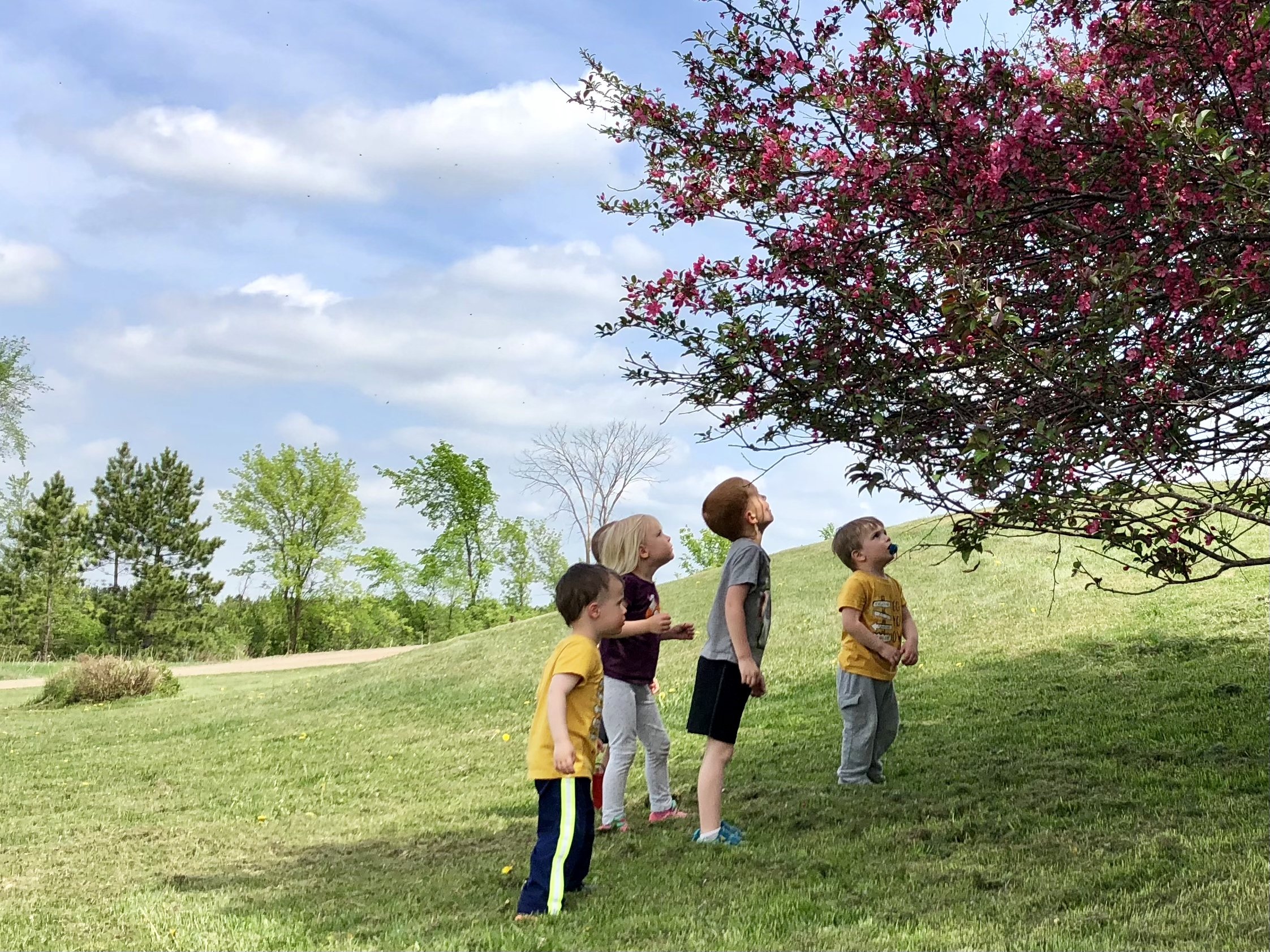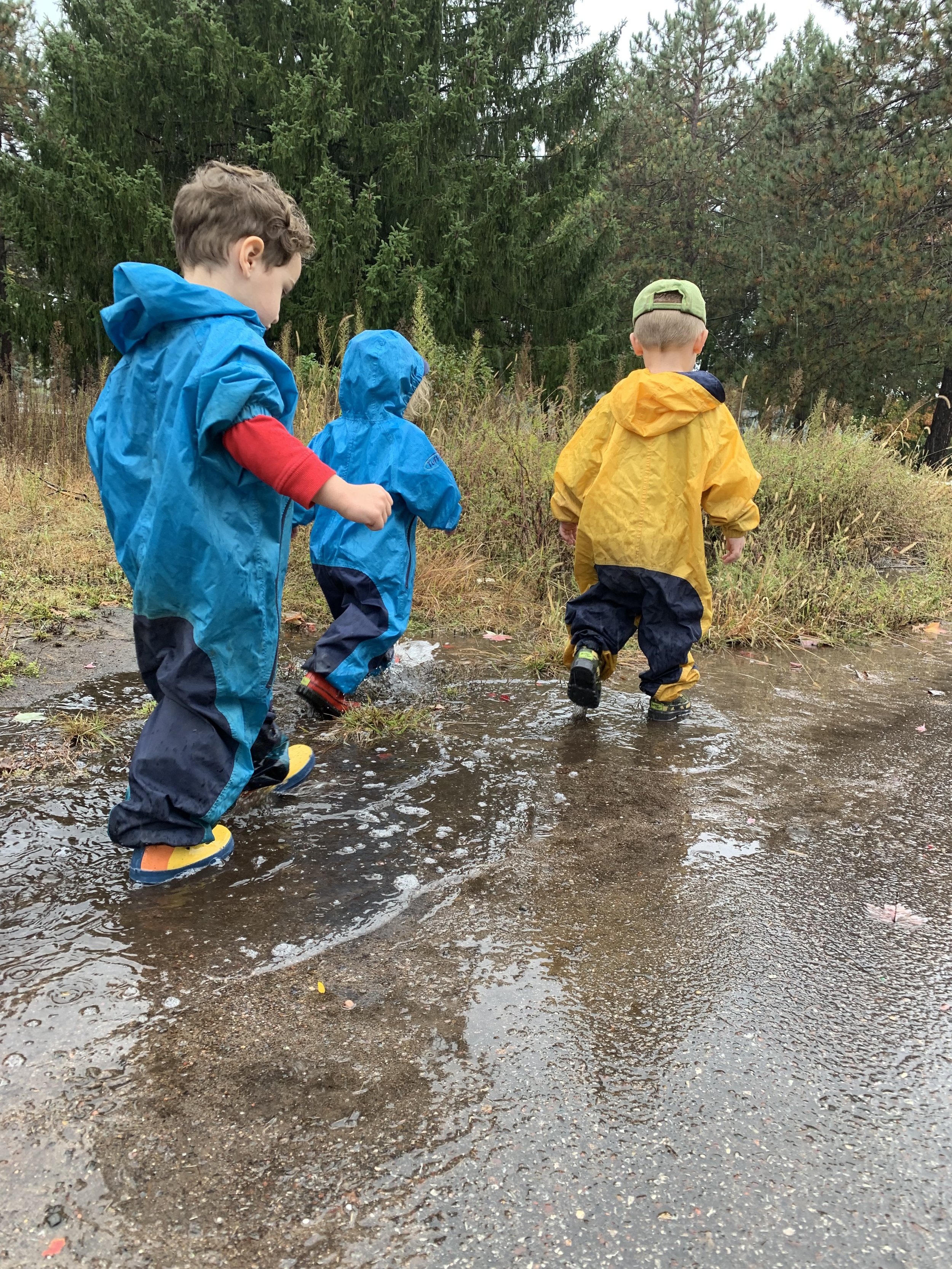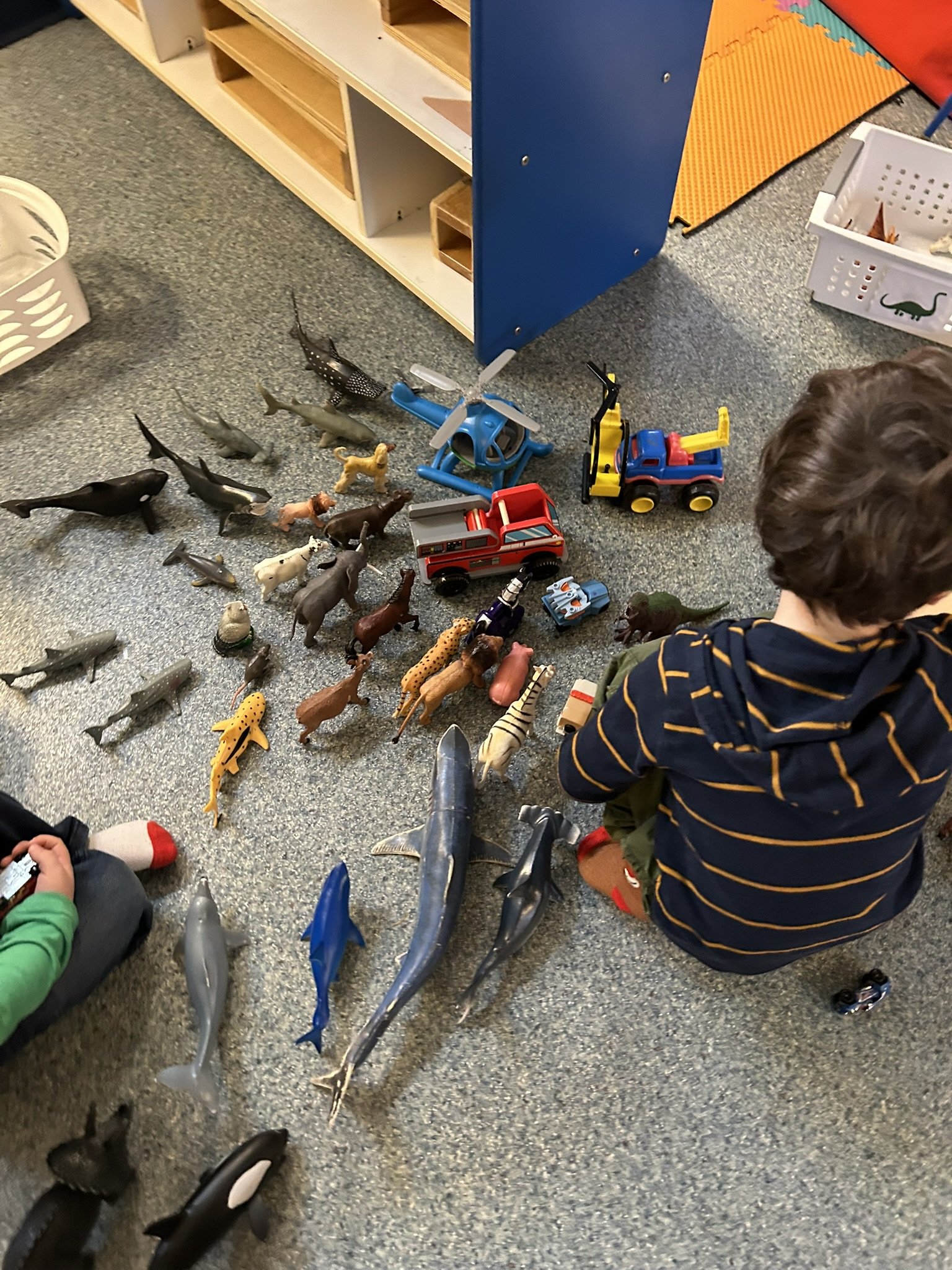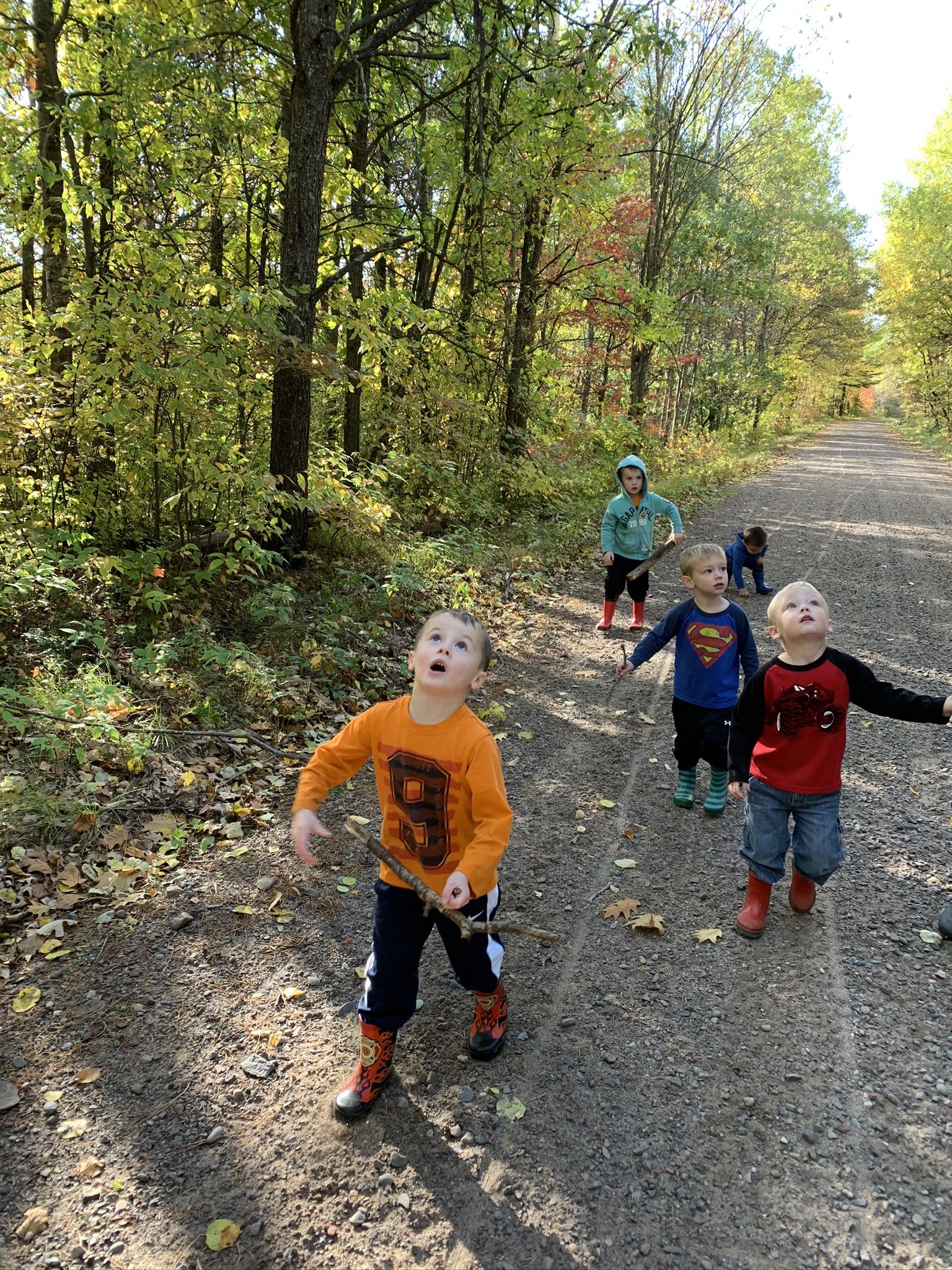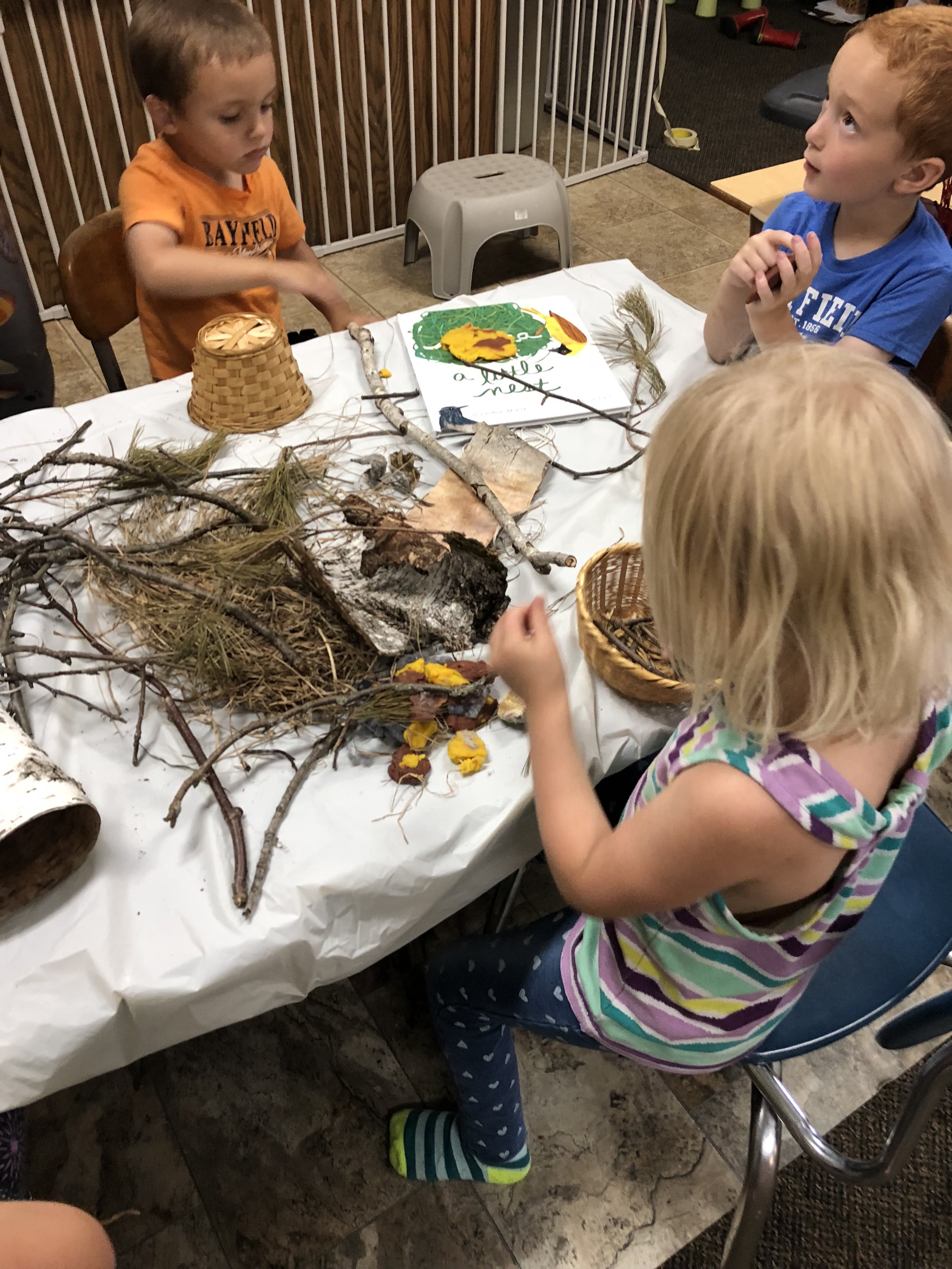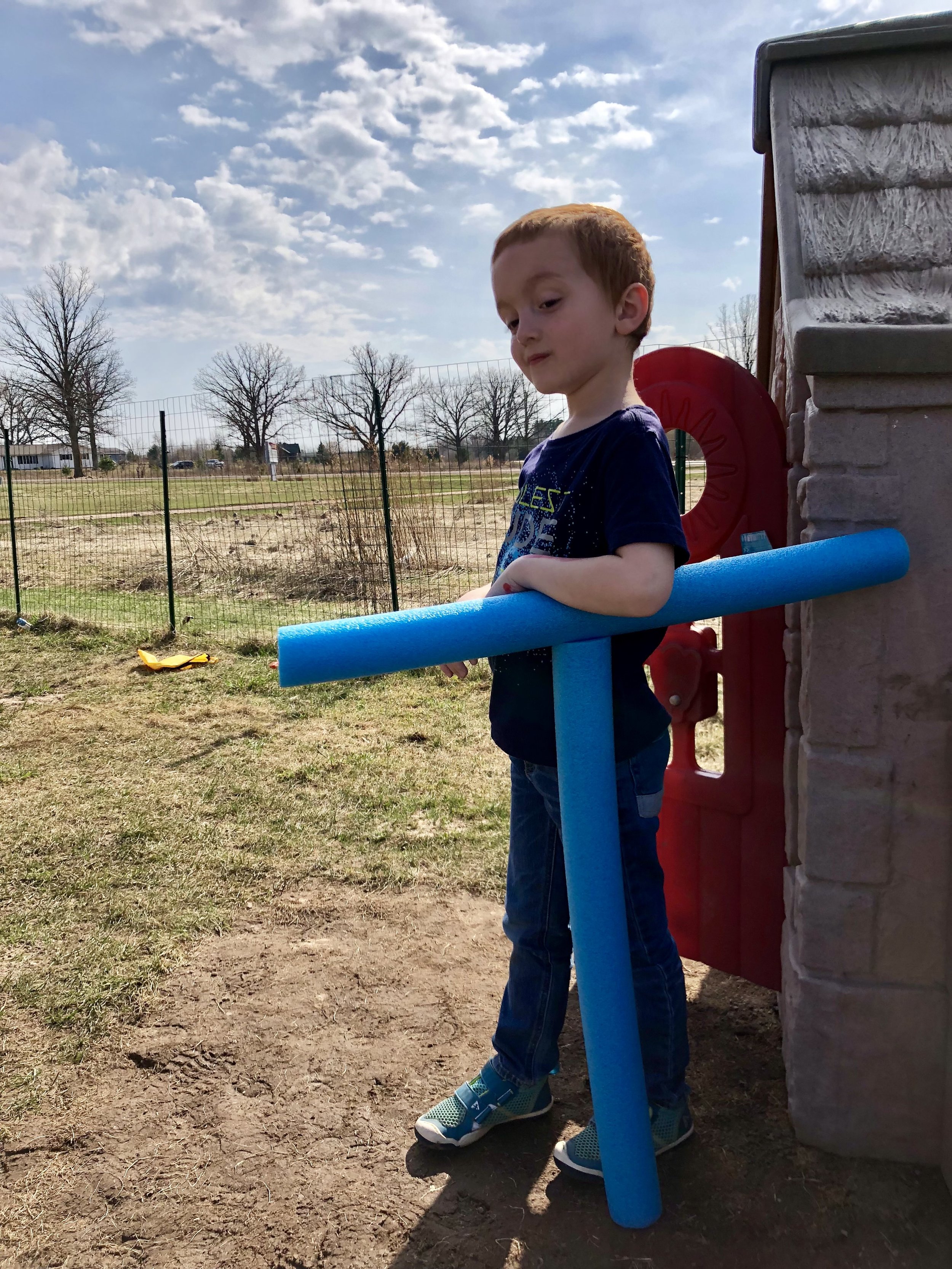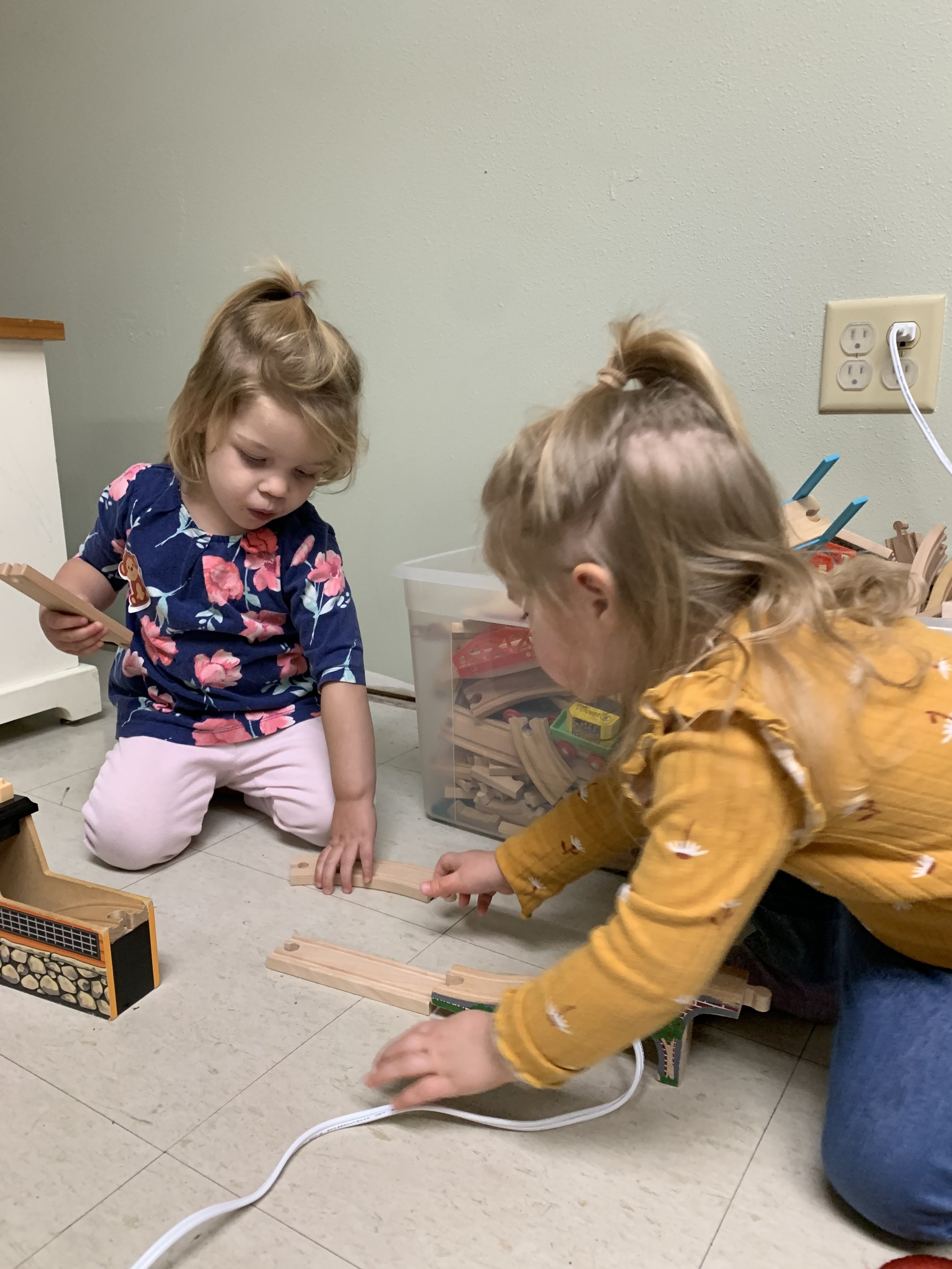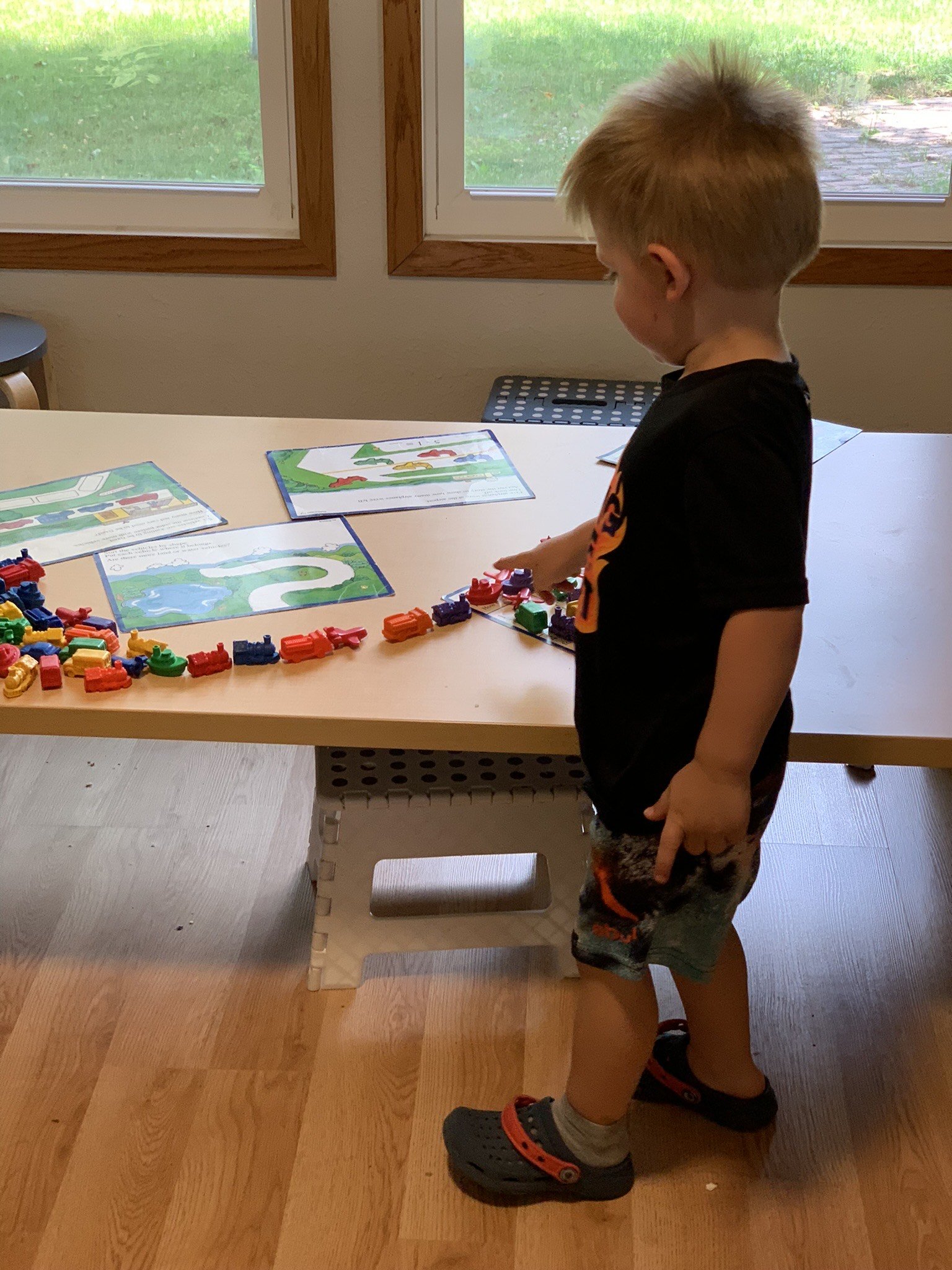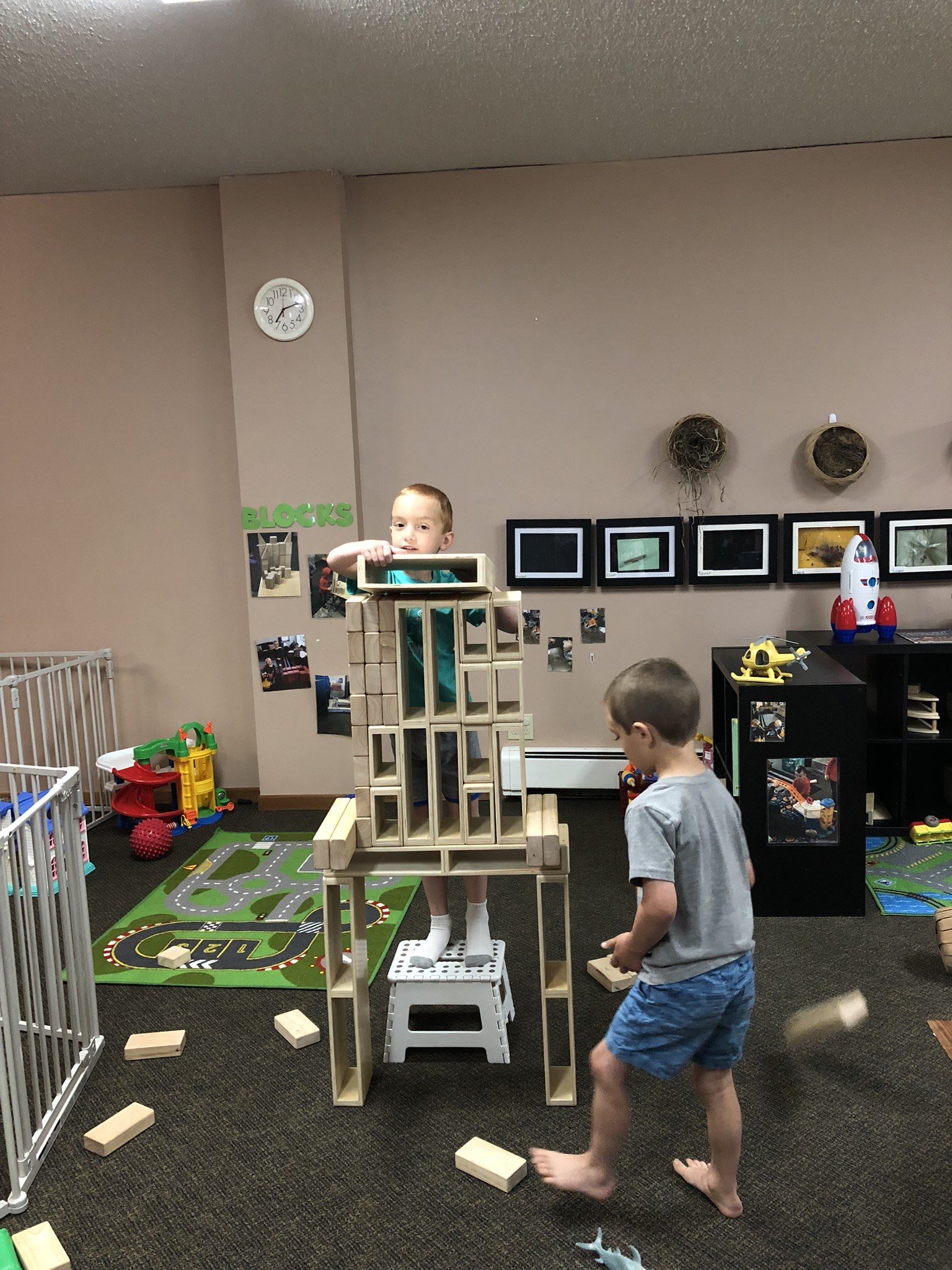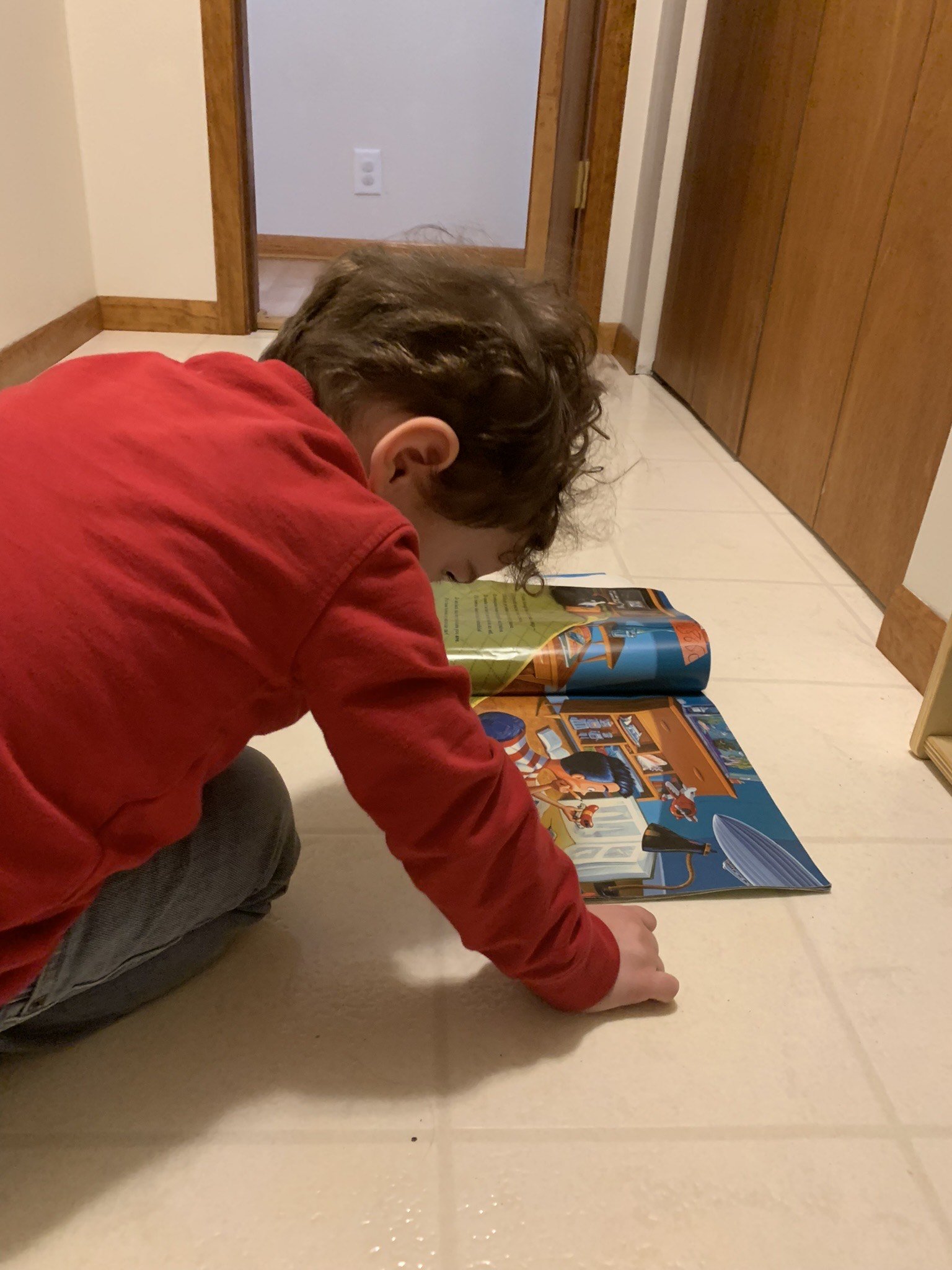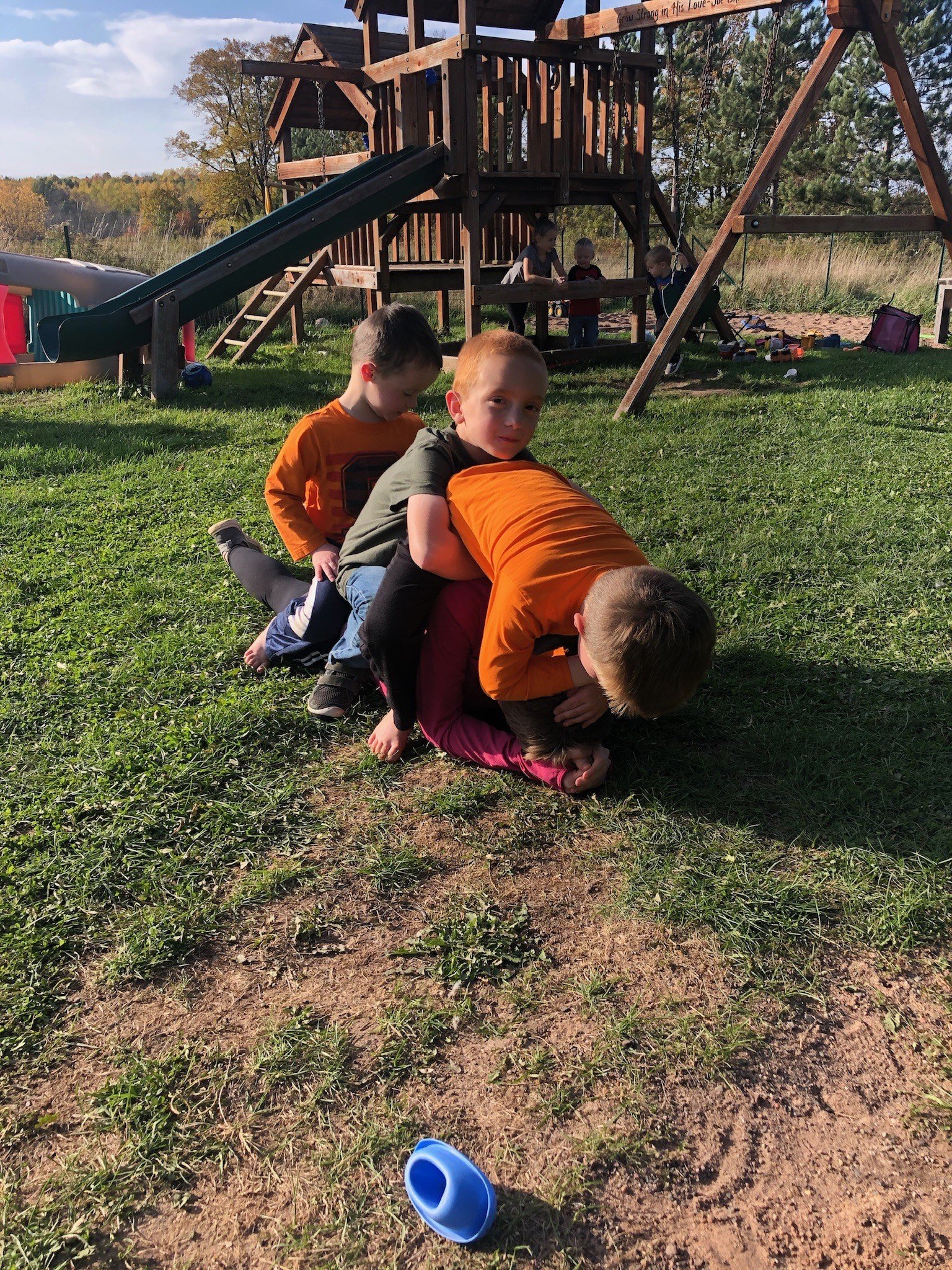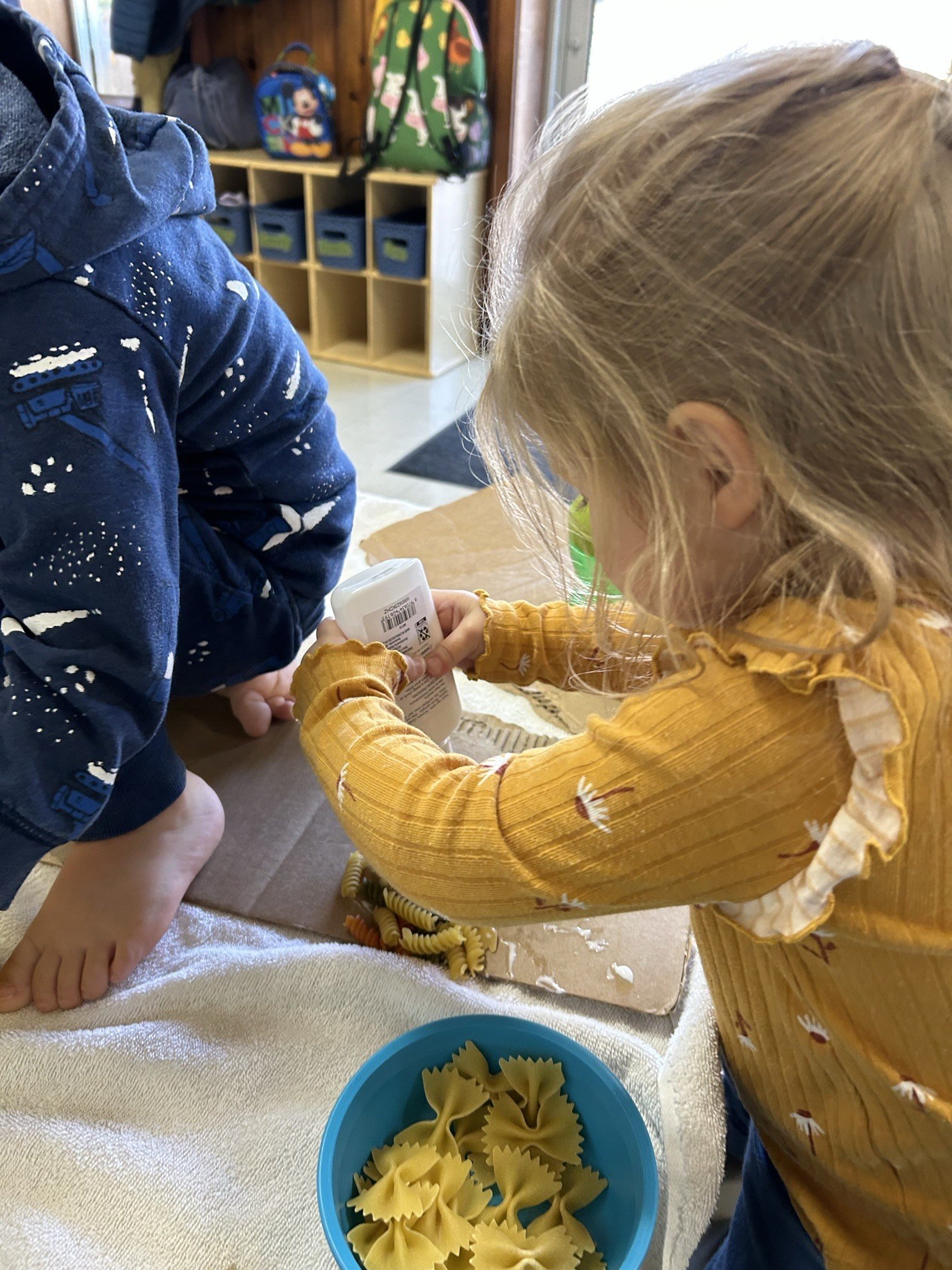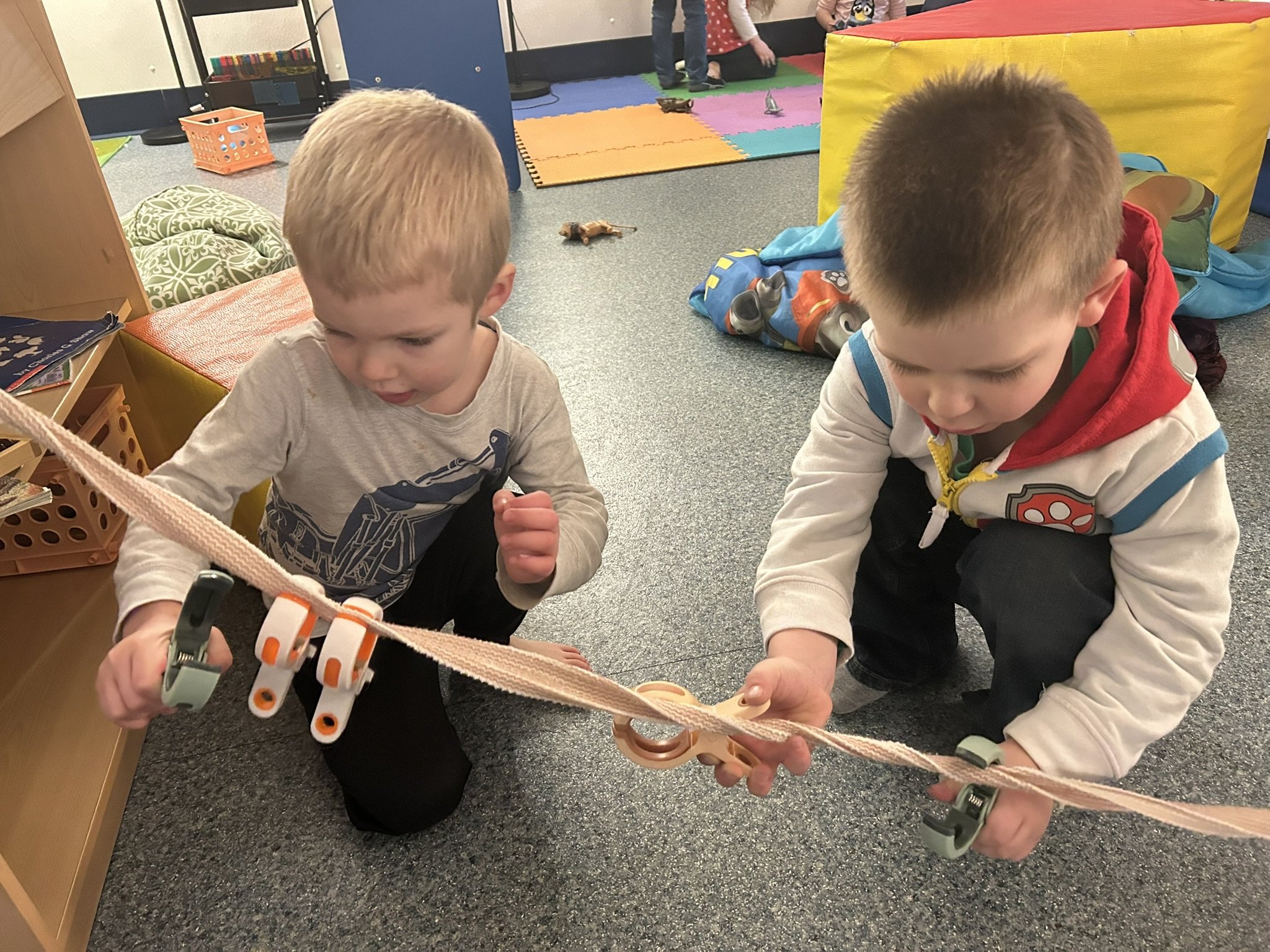
Where Play Blossoms into a Lifelong Love of Learning
We Are Looking to Redefine What School Readiness Means
Our Program
Play is our curriculum, prioritized in our schedule, facilitated by caregivers, and led by children.
Caregivers provide props and resources to encourage play, allowing children to explore and create. This child-led play fosters independence and decision-making, enabling them to take initiative while exploring social interactions and interests in a safe environment.
Supported by peers and caregivers, children learn to cope with uncertainty and embrace change, equipping them with essential skills for real-life challenges and preparing them to navigate new experiences in a school environment.
Magda Gerber
“Childhood is not a race to see how quickly a child can read, write and count. It is a small window of time to learn and develop at the pace that is right for each individual child. Earlier is not better”
The Wildflowers Team
The program is currently led by Emily Perkins, our Curriculum Director
Play is Serious Work
We let our observations guide our plans, not a rigid curriculum because children are always evolving and need flexibility. Our goal is to allow uninterrupted play, enabling children to explore and learn naturally. Play is not just enjoyable, it’s critical to development and our caregivers facilitate this process, providing children with resources rather than traditional teaching methods. Caregivers are still actively involved, using observation and documentation to inform decisions about toys, supplies, and personalized guidance for each child, all aligned with the Wisconsin Model Early Learning Standards.
Cinnamon applesauce dough required trial and error, but led to 90 minutes of play.
After 20 minutes figuring out how to hang the bandage, they begin attaching the clothespins.
She looks at each dish before carefully placing it on the floor, repositioning as needed.
Taproots are no joke, but we worked hard to dig to the bottom of the thistle and pull it out.
She spent 30 minutes arranging the tiles and furniture before she was satisfied.


